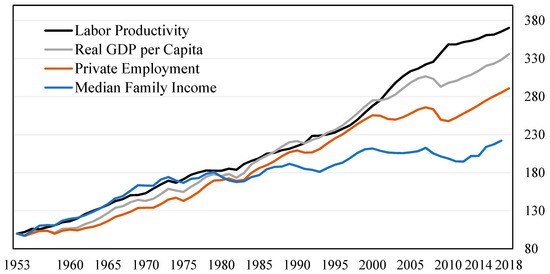
A groundbreaking three-year study presented in Berlin has revealed that receiving a universal basic income (UBI) enhances people's happiness and wellbeing without diminishing their motivation to work.
The research, conducted by Mein Grundeinkommen ('My Basic Income') in partnership with the German Institute for Economic Research (DIW Berlin), followed 107 participants who received €1,200 monthly for three years. The study compared their experiences with a control group of approximately 1,600 people.
Challenging popular misconceptions about UBI leading to reduced workforce participation, the research found no decrease in employment levels or working hours among recipients. Instead, the extra income enabled positive career development, with many participants pursuing further education or changing jobs during the initial 18 months.
The study revealed notable changes in spending and saving behaviors. Recipients demonstrated responsible financial management, with over one-third of the UBI being saved – roughly double the amount saved by the control group. Many participants initially fulfilled long-held wishes, particularly for travel, before transitioning to more investment-focused decisions.
Social engagement increased among UBI recipients, who showed greater generosity through increased charitable giving and financial support to family and friends. They also invested more time in social activities and community engagement.
The research documented substantial improvements in mental health and overall life satisfaction. Recipients reported better sleep quality and more fulfilling leisure time. These positive effects remained consistent throughout the study period, matching the impact of major life events or therapeutic interventions.
According to Susann Fiedler, a psychologist at the Vienna University of Economics and Business, while recipients' core values and political views remained unchanged, their expanded financial possibilities led to different behavioral choices.
The findings suggest that UBI can enhance quality of life while maintaining workforce participation, offering valuable insights for policymakers considering similar programs.